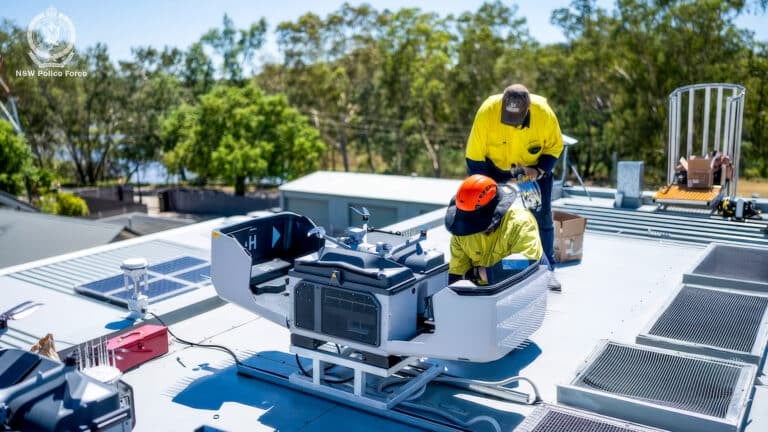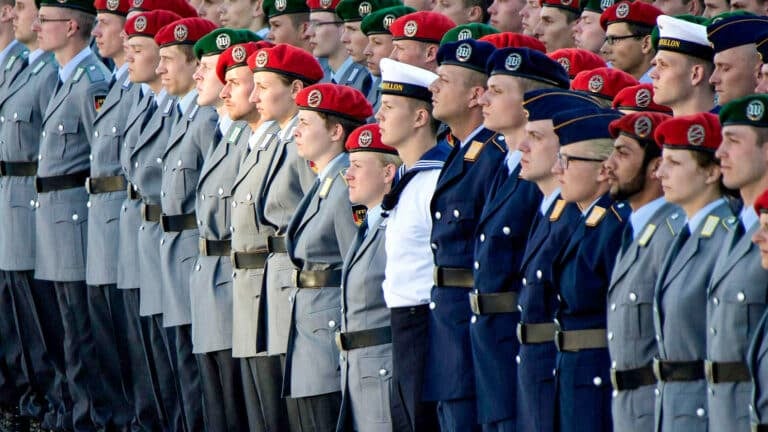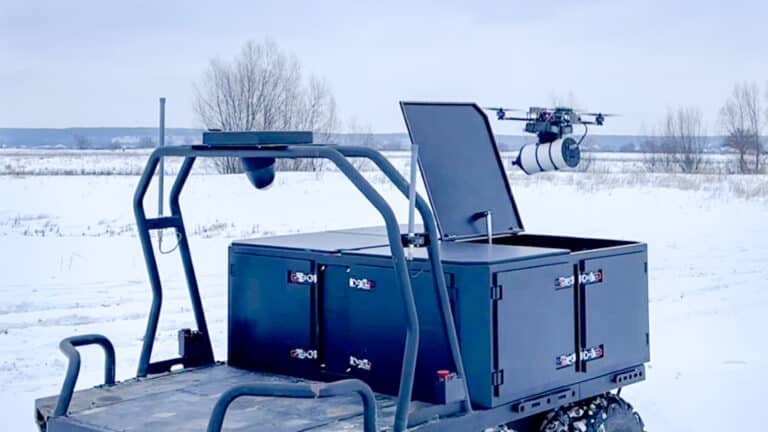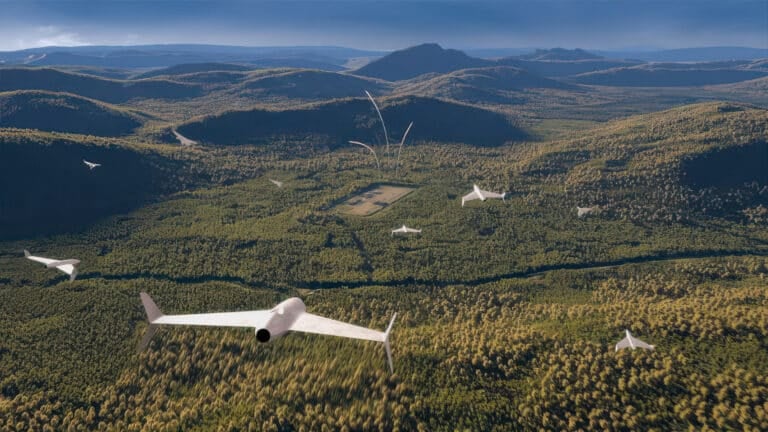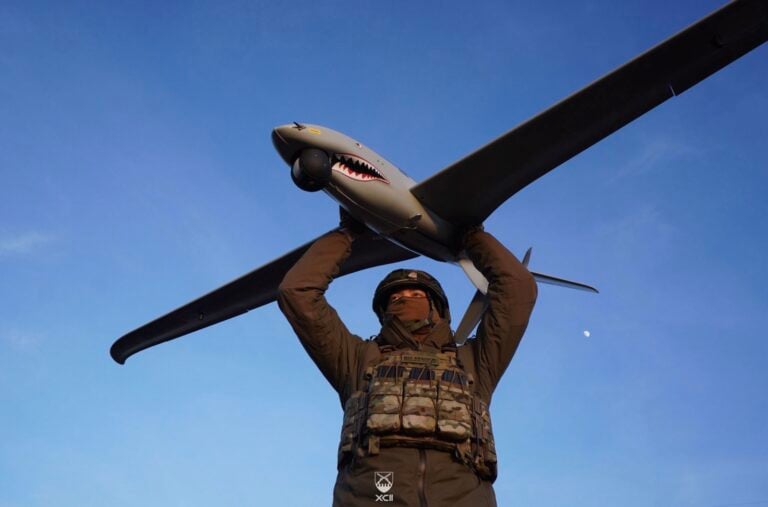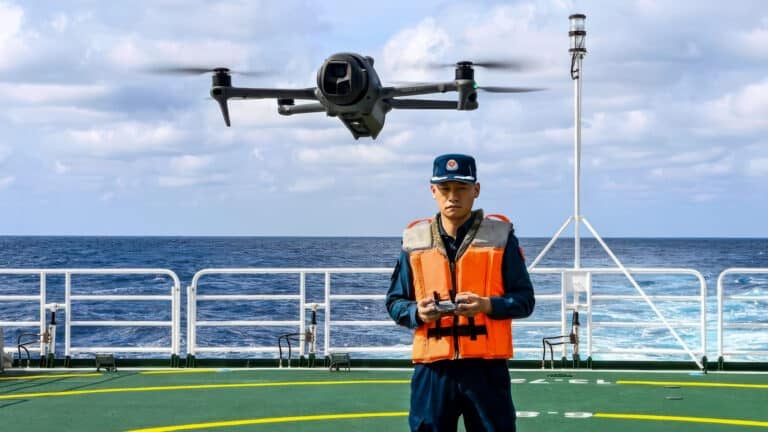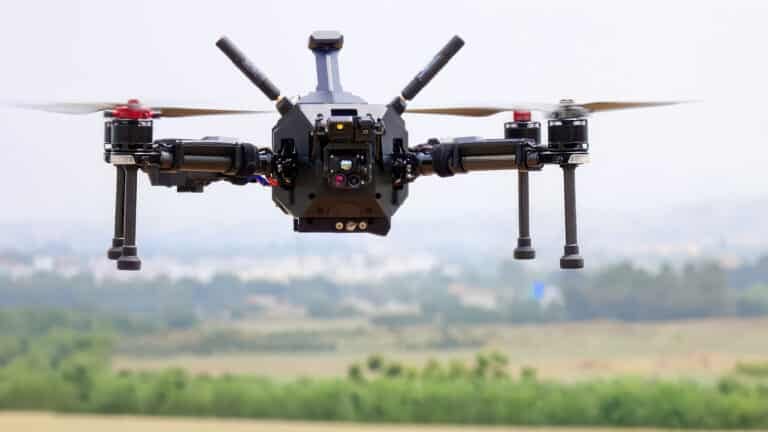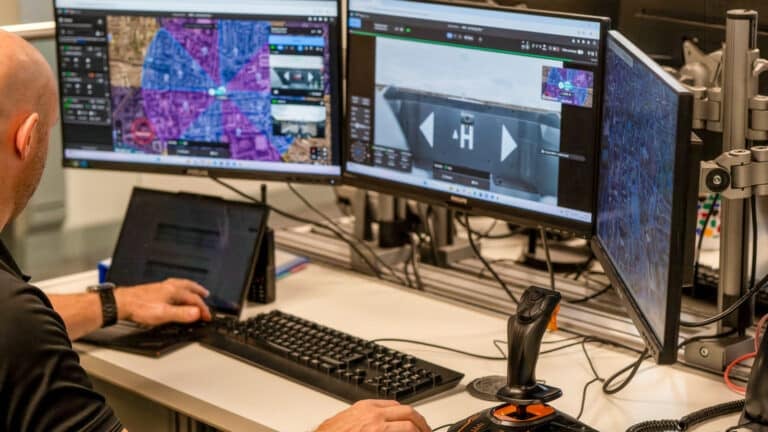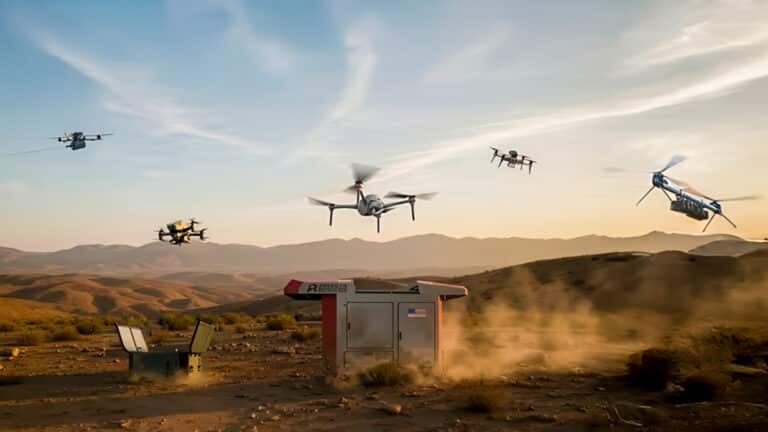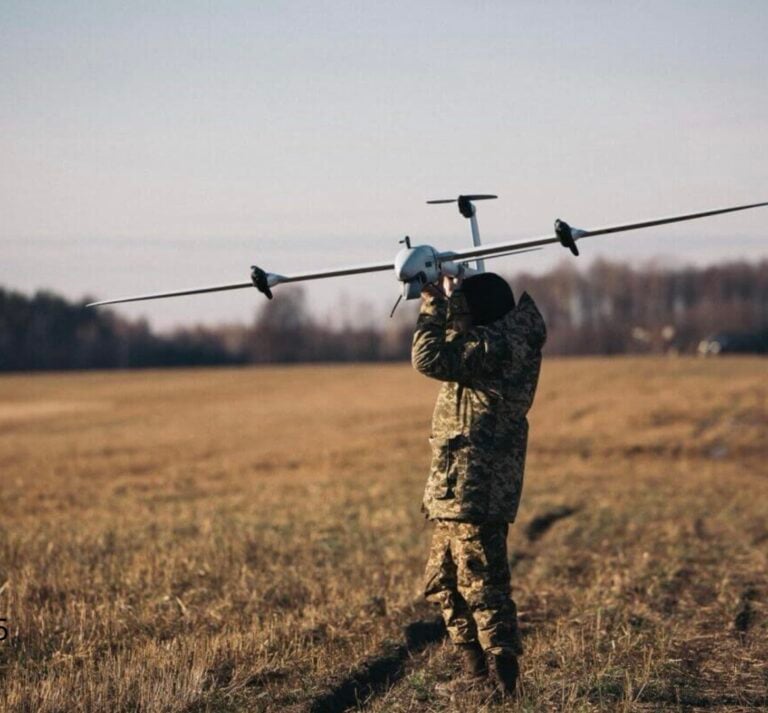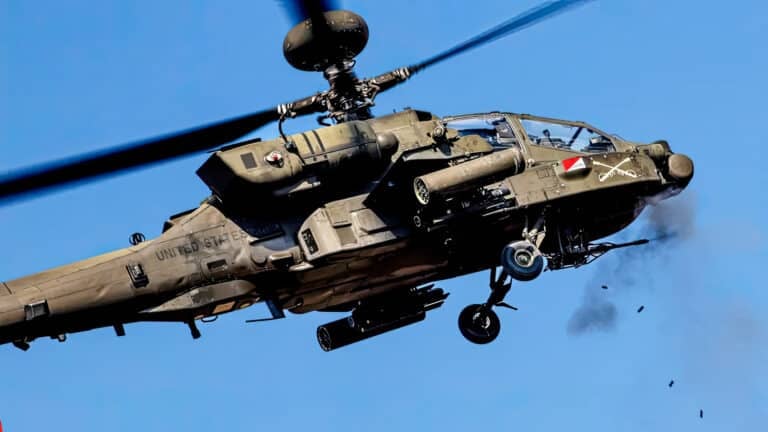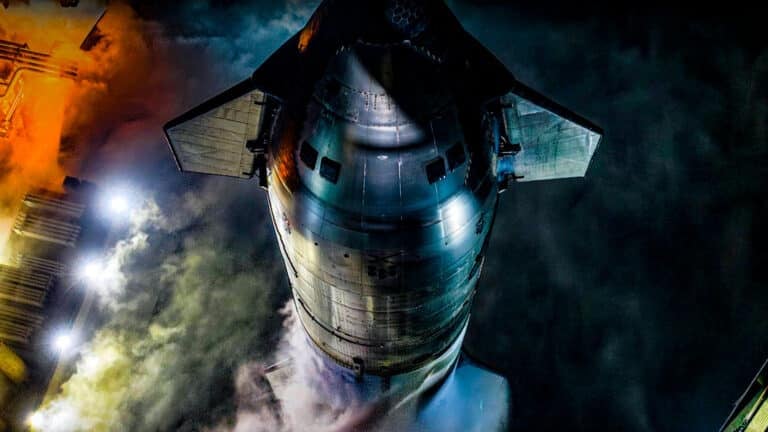Bulgaria’s Race To Put Drone Simulators In Every Army Unit By New Year
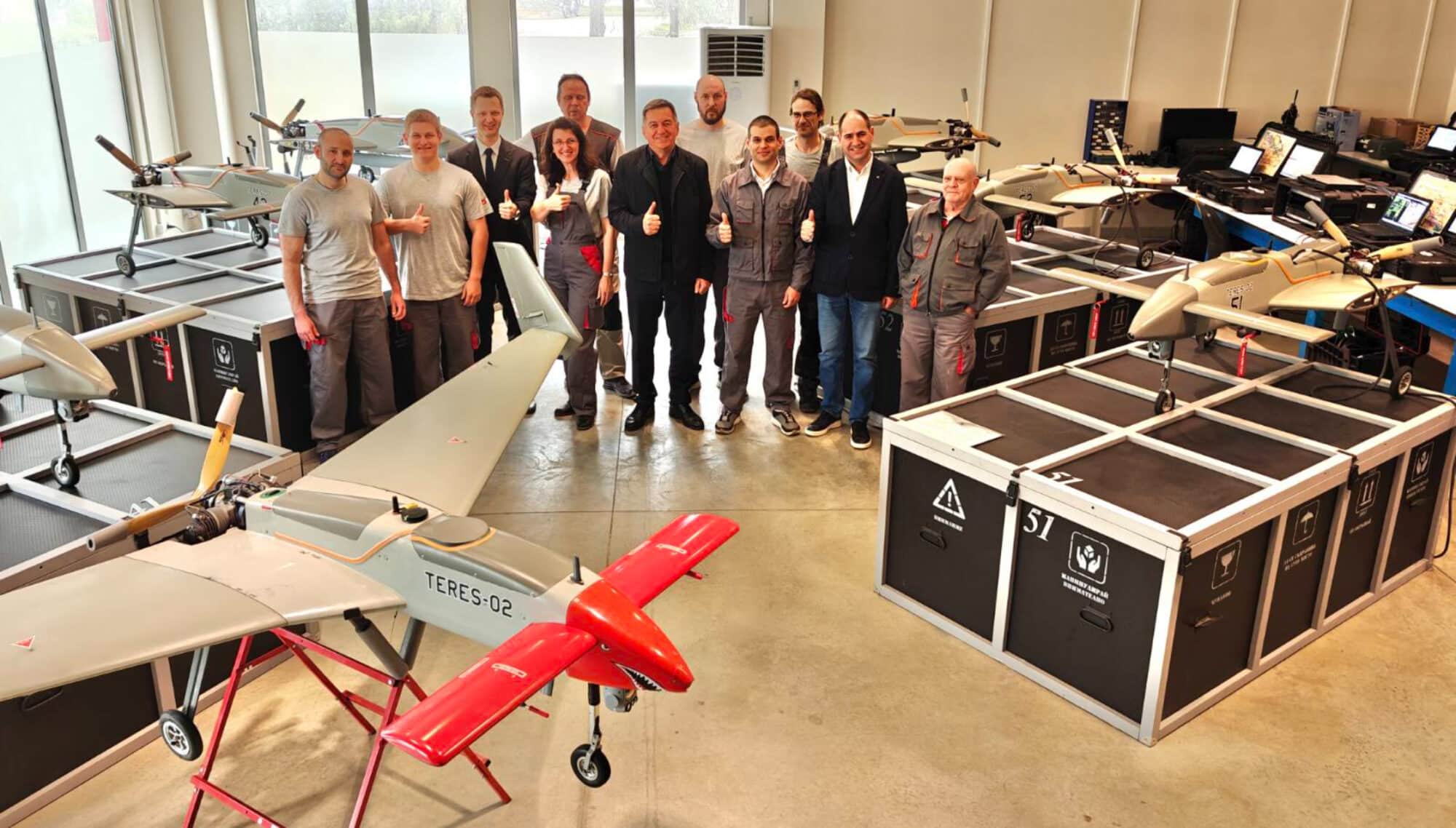
Check out the Best Deals on Amazon for DJI Drones today!
Bulgaria is quietly racing to get drone simulators (and drones) into every military formation before the end of the year. It is a small country on NATO’s eastern flank, but the speed and scale of this push say a lot about how modern warfare now works: if you do not train on unmanned systems, you fall behind.
We’re not talking about a small order – It’s a complete overhaul to build a nationwide training pipeline for drone operators. The Bulgarian infrastructure is already on the right track with its new hardware, laws, and supportive defense industry.
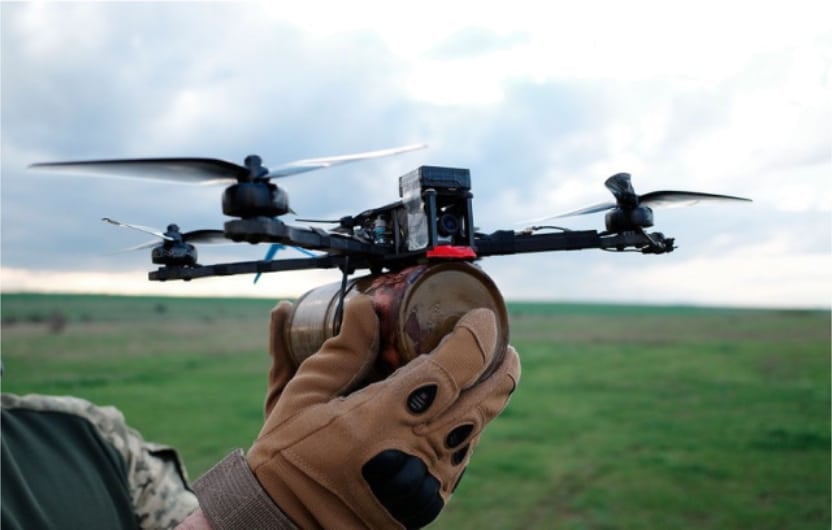
Simulators in Every Battalion By December
During recent drills at the Lyulyak training ground near Stara Zagora, Bulgarian Land Forces commander Maj. Gen. Deyan Deshkov laid out a simple goal:
By mid-December, all [Bulgarian] military formations will be equipped with drone control simulators.
Bulgarian National Radio and several local outlets followed up, and Deshkov said the simulators will be distributed across units nationwide, not just elite formations. The plan is for soldiers in line units to start on simulators first, then move to real aircraft as hardware arrives.
In the same appearance, Deshkov confirmed that the Ministry of Defense has already signed a framework agreement to equip the Land Forces with Springfield Armory pistols, with “several thousand” planned, and that work is underway to select new sniper systems for Bulgarian units.
Bulgaria has also signed a billion-euro deal with Germany’s Rheinmetall to build a joint artillery-ammunition plant. The facility in the Sopot region is expected to produce around 100,000 155mm shells per year, and roughly 1,300 tons of gunpowder.
On top of the basic recon platforms, Deshkov has talked about procedures already underway to buy FPV systems and loitering “kamikaze” drones in a follow-on phase. Bulgarian reporting uses the term “loitering munitions” very clearly here, which tells you they are looking beyond just camera drones.
The picture is pretty simple. Recon and surveillance drones are arriving first, simulators are being pushed into every formation, and a second wave of FPV and one-way attack drones is lined up behind that.
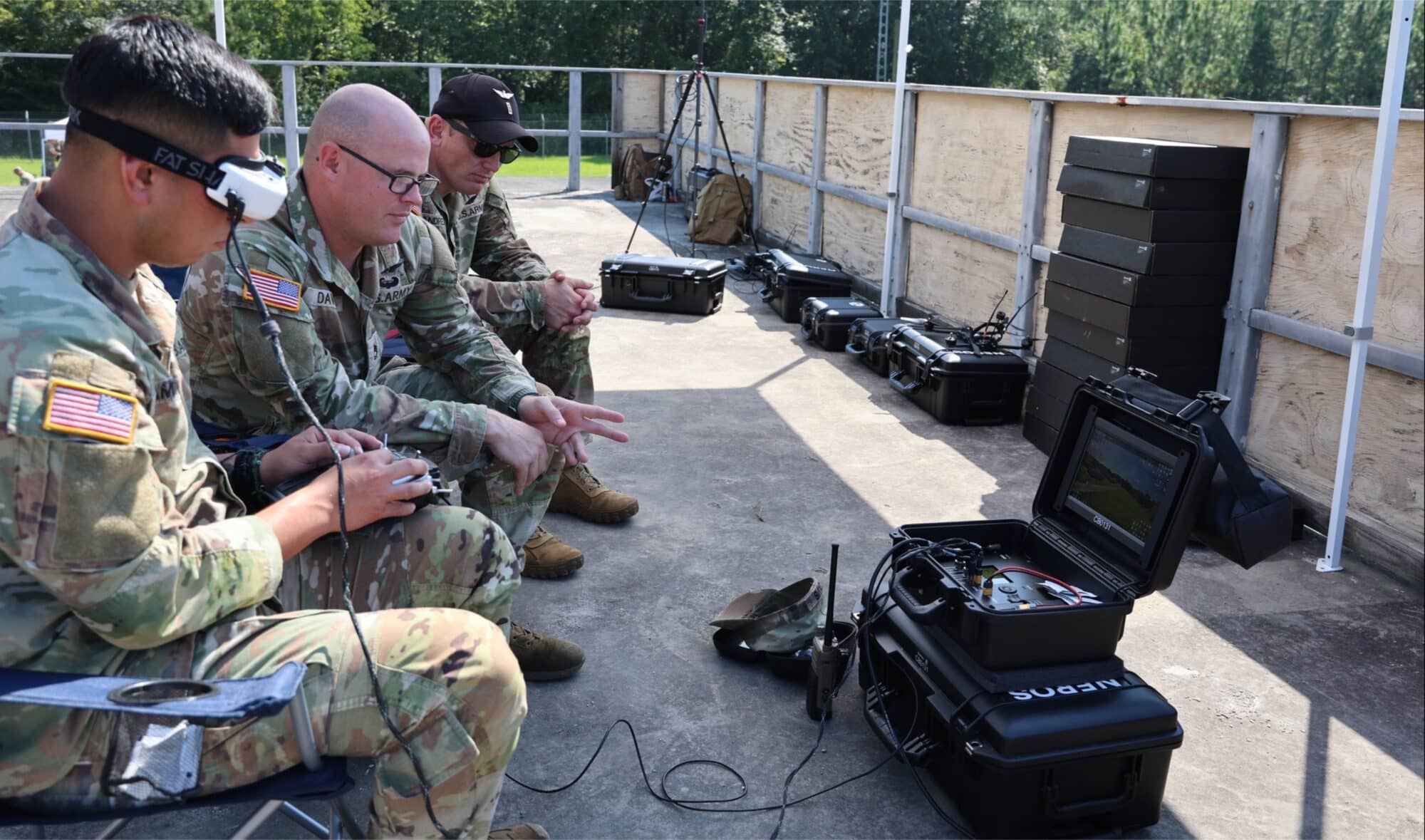
Why the Simulator Piece Matters so Much
Buying drones is easy. Training thousands of soldiers to use them well, without turning the first batch into expensive lawn darts, is where things get hard.
That is why Deshkov is talking about simulators in every unit instead of just showing off boxes of new airframes.
We are seeing the same pattern in other countries. The U.S. Army’s new lethal FPV pipeline, covered in detail in our piece on the Unmanned Advanced Lethality Course, leans heavily on sim time before anyone touches an explosive-carrying quadcopter. Trainees get hours of stick time in a virtual environment where crashing is just a reset button, not a reportable incident.
Even Venezuela, which went viral for a pretty questionable “drone simulator” that looked like a cheap game, understands the core idea: it is safer and cheaper to let new pilots learn the basics on a screen first, even if the software is not great. We broke that story here in Venezuela’s “Drone Simulator” Looks Like a $3 Steam Game.
Good simulators solve three large problems for Bulgaria right away:
- New operations can build muscle memory in the sims before they risk real hardware or personnel.
- Units across the country can train at the same time instead of fighting over limited range slots.
- Instructors can run night missions, GPS-denied scenarios, and high-threat environments you would never be allowed to recreate live.
When a land forces commander says every formation will have a drone control simulator by mid-December, what he is really saying is that drone training is about to become part of normal army life, not a side project.
Where this Leaves Bulgaria going into 2026
If Deshkov and his team hit their mid-December goal, Bulgaria will roll into the new year with something it has never really had before: a nationwide pipeline for drone operators.
Drones are arriving in units, FPV and loitering munitions are on the menu, and simulators are being treated as standard kit rather than a luxury. The country is also tying itself more tightly into NATO’s logistics and training ecosystem at the same time.
It will not turn Bulgaria into a drone superpower overnight, but it will mean that the next time a major exercise or crisis comes along, Bulgarian formations will show up with their own operators, their own video feeds, and their own lessons learned from hundreds of virtual flights behind the scenes.
Given what we have all watched play out in Ukraine and other conflicts, and what we have covered in stories like this one – that might be one of the smartest, least flashy defense investments any country makes this year.
DroneXL’s Take
Going back to the “Why simulator piece matters so much”- having taught over 50 high schoolers how to build, tune, and fly drones, do professional inspections, and a laundry list of other tasks – the simulators will save thousands, if not hundreds of thousands of dollars over time.
Most FPV drones don’t have an automatic Position Hold feature, obstacle-avoidance software, or GPS-enabled navigation. These are all added and configured after the aircraft has been built
The countries that are taking drones seriously right now are doing three things:
- Buying real hardware – from small recon drones all the way up to loitering munitions.
- Building operator pipelines – courses, schools, and dedicated units instead of “who wants to fly today?” volunteers.
- Investing heavily in simulators – not just for pilots, but for commanders, mission planners, and entire units.
Bulgaria is now trying to check all three boxes at once, on a tight clock, under the eyes of NATO and some very interested neighbors.
If they hit their New Year goal, every Bulgarian land forces unit will head into 2026 with more pilots, more tools, and more virtual flight hours behind them than ever before. Let me know in the comments down below if you believe they’re taking a step in the right direction, or if warfare has already advanced past the FPV drones of years’ past.
Discover more from DroneXL.co
Subscribe to get the latest posts sent to your email.
Check out our Classic Line of T-Shirts, Polos, Hoodies and more in our new store today!

MAKE YOUR VOICE HEARD
Proposed legislation threatens your ability to use drones for fun, work, and safety. The Drone Advocacy Alliance is fighting to ensure your voice is heard in these critical policy discussions.Join us and tell your elected officials to protect your right to fly.
Get your Part 107 Certificate
Pass the Part 107 test and take to the skies with the Pilot Institute. We have helped thousands of people become airplane and commercial drone pilots. Our courses are designed by industry experts to help you pass FAA tests and achieve your dreams.

Copyright © DroneXL.co 2026. All rights reserved. The content, images, and intellectual property on this website are protected by copyright law. Reproduction or distribution of any material without prior written permission from DroneXL.co is strictly prohibited. For permissions and inquiries, please contact us first. DroneXL.co is a proud partner of the Drone Advocacy Alliance. Be sure to check out DroneXL's sister site, EVXL.co, for all the latest news on electric vehicles.
FTC: DroneXL.co is an Amazon Associate and uses affiliate links that can generate income from qualifying purchases. We do not sell, share, rent out, or spam your email.





